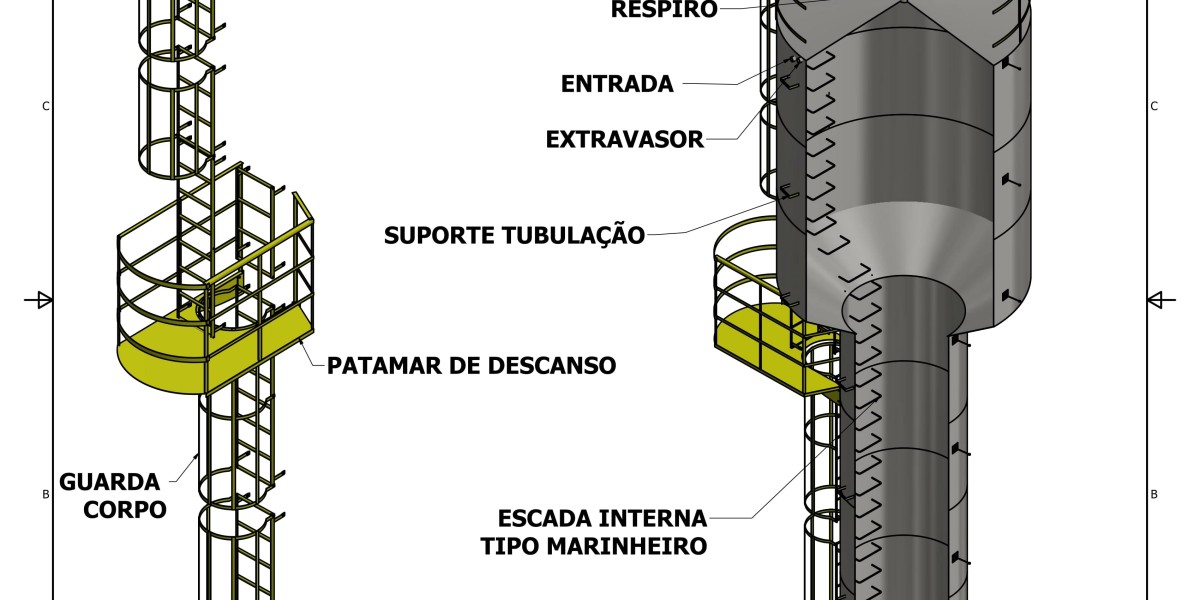Time management is a crucial skill that can make or break your performance during an exam. Many students struggle with managing their time effectively, leading to rushed answers, incomplete sections, and unnecessary stress. However, with the right strategies, you can maximize your efficiency, stay calm, and improve your overall exam performance. This ultimate guide will provide you with practical tips on how to manage your time effectively during exam questions.
Understand the Exam Format
One of the most effective ways to manage your time during exam questions is to have a clear understanding of the format. Before the exam day, review the number of sections in the exam, the types of exam questions (e.g., multiple-choice, short answer, essay), and the time allocated for each section. Knowing these details will help you allocate your time wisely and avoid spending too much time on a single section of exam questions.
Read the Instructions Carefully
When the exam begins, take a few minutes to carefully read through the instructions. Misunderstanding the requirements can lead to wasted time and unnecessary errors. Ensure you know the weightage of each section so you can prioritize accordingly. Being aware of the exam questions format will allow you to approach the test strategically.
Allocate Time for Each Section
A smart time management strategy is to divide your total exam time among different sections based on their difficulty and marks. A simple method is to quickly skim through the entire paper to get an overview, determine the weightage of each exam question, and allocate time accordingly. Leave extra time for review to check your answers at the end. For example, if you have a 90-minute exam with three sections, you could allocate 30 minutes for Section A, 30 minutes for Section B, 25 minutes for Section C, and 5 minutes for review. By properly organizing your approach to exam questions, you can ensure a smooth flow of answering.
Start With Easier Questions
Starting with easier exam questions can help you gain confidence and secure quick marks before tackling more challenging ones. If you encounter a difficult question, don’t dwell on it for too long. Move on and return to it later if time permits. Handling the exam questions in a systematic manner will help you make the best use of your time.
Use the Pomodoro Technique
The Pomodoro Technique involves working in short bursts followed by brief breaks. While exams don't allow for breaks, you can still adapt this method by mentally segmenting your time into small chunks (e.g., 10–15 minutes per section) to maintain focus and prevent fatigue. Applying this approach while practicing exam questions beforehand can improve your time management skills.
Keep an Eye on the Clock
Many students lose track of time during exams, leading to rushed answers. Regularly checking the clock can help ensure you’re staying on track. However, don’t obsess over it—glance at it occasionally to adjust your pace if needed. Effective time monitoring will help you distribute your time wisely across all exam questions.
Don't Get Stuck on One Question
If you find yourself stuck on a difficult exam question, move on to the next one. Wasting too much time on a single question can leave you with insufficient time for easier questions that you could have answered correctly. You can always come back to the tough questions later. Managing exam questions efficiently ensures that you attempt as many as possible within the given time.
Practice Time Management Before the Exam
Effective time management starts long before exam day. When practicing past papers or mock exams, simulate real exam conditions by setting a timer and completing the paper within the allotted time. Analyze your performance and adjust your pacing accordingly. Identify sections where you tend to spend too much time and work on improving your speed. Practicing exam questions under timed conditions will prepare you for the real test.
Use Short and Clear Answers
When answering essay or short-answer exam questions, get straight to the point. Avoid unnecessary details that consume time. Structure your answers logically and use bullet points if permitted to make your responses clearer and quicker to write. Well-structured responses to exam questions can save valuable time and help you score better.
Save Time for Reviewing
Reserving at least 5–10 minutes at the end of the exam for review is a game-changer. Use this time to check for mistakes or skipped exam questions, ensure you’ve answered all parts of the question, and make minor corrections where necessary. Reviewing your exam questions thoroughly can help catch any errors before submission.
Stay Calm and Composed
Exams can be stressful, but panic leads to poor time management. If you feel overwhelmed, take a deep breath, refocus, and proceed methodically. A calm mind works faster and more efficiently. Staying composed while answering exam questions will allow you to think clearly and perform at your best.
Conclusion
Mastering time management during exam questions is a skill that requires practice and strategy. By understanding the exam format, allocating time wisely, prioritizing questions, and practicing effective techniques beforehand, you can significantly improve your performance. Remember, good time management doesn’t just help you complete the exam—it helps you excel in it. Follow these tips, stay focused, and walk into your next exam with confidence!







